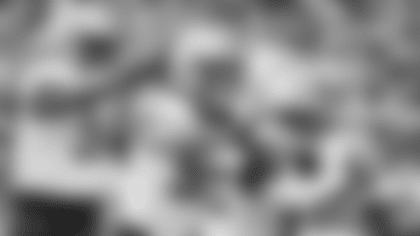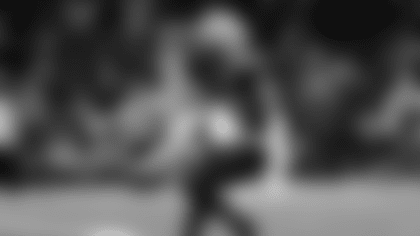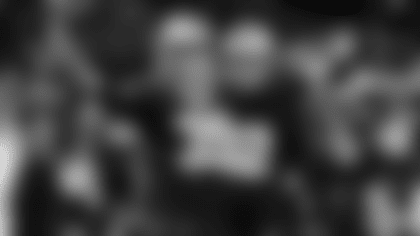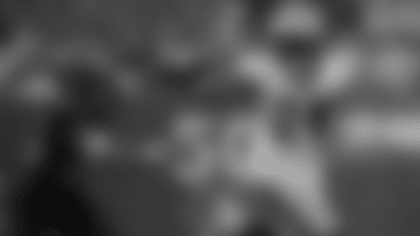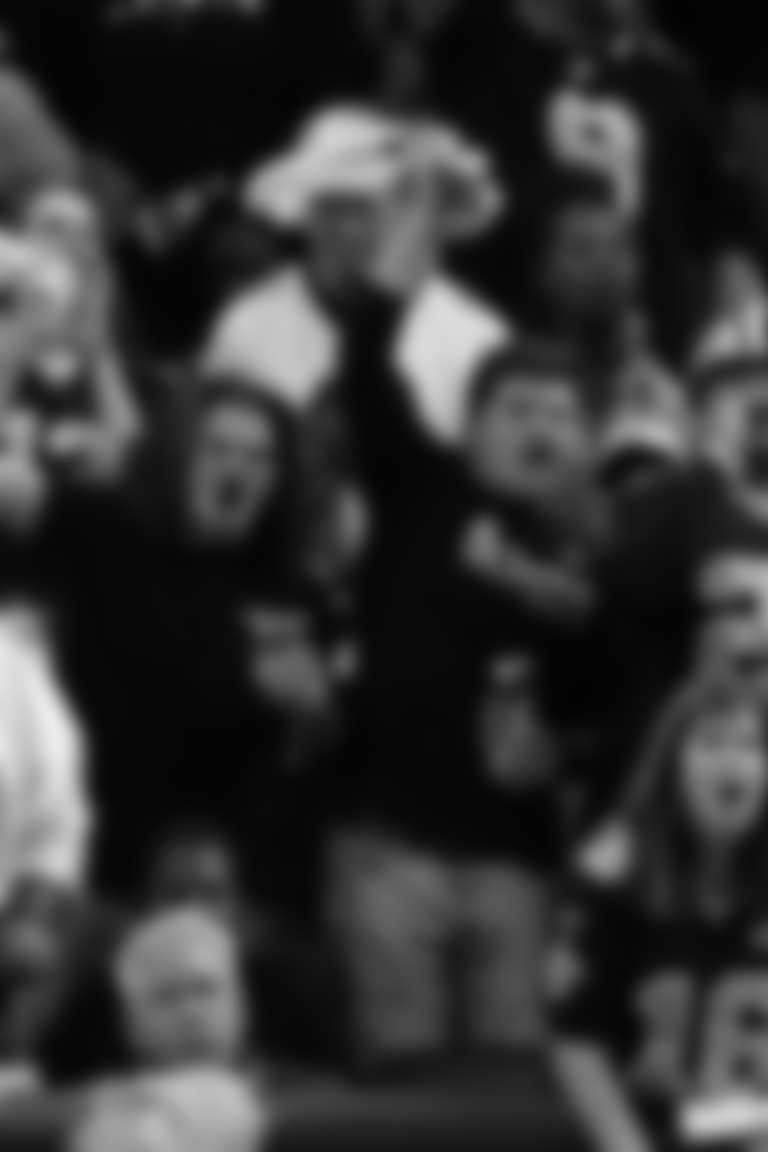New Orleans Saints Head Coach Sean Payton
Conference Call with New Orleans Media
Thursday, September 10, 2020
From a coaching standpoint, what are some of the keys to being successful in game coaching?
"I think A, it is seeing it right away. We played these guys in Tampa last year and on the first drive, we got a pressure, like a blitz, if you will, that we had not seen from them. And Drew (Brees) knew there was a free runner. In other words, there was a guy unblocked and as soon as that series ended, that needed to be solved, because you knew it was coming back again. And so that would be a very simple version of what we're talking about. Same thing, you know, defensively, how's the running back going to play a part in their passing game in years past, maybe it hasn't been as big of a threat. And yet, wherever, you know, in Tom's (Brady) years at New England, it's been a big part of what they do and so I'm giving a hypothetical here. There's a LeSean McCoy offset on a second down, releasing into a pattern that we have seen before, we have seen from New England, and then very quickly, recognizing, alright, if he's in the game, they're in a package that might feature him not only as a runner, but a receiver. So these are things that can take place immediately on the sidelines right after a series. Quite often they do sometimes at halftime. I think there's a generalization that up there's this giant halftime Kumbaya period of time, when actually there's really eight minutes. You know, everyone comes in, grabs something to eat, you kind of cover what you want to do in the next half, but typically speaking, it's kind of ongoing. It's ongoing after each series and I think that's really what would take place."
What do you make of the new IR rules?
"Well, look, I think they make a ton of sense. I think it's cheaper for the clubs. If IR means permanent IR that means then we're permanently paying another player to come in and fill someone that's on permanent IR. And I think that's silly if a player has an injury, let's say a very good player in our league who's injured for eight weeks that when he's healthy, you know, that we don't have a mechanism to bring him back into the fold and to play. The old rules, I think we're somewhat antiquated relative to, well, if he goes on IR, he's there forever until the next season. And if he doesn't go to IR, he stays on, you know, you're 53. Actually, I think it it'll save the club's some money and it'll get the better players on the field. The players the fans are wanting to see."
Is it safe to say you want maybe to stay for next season?
"Yeah, I don't think this is part is COVID related. You know, I do think when the season ends, there'll be this big overview as to what worked, what didn't, how people felt about all these (rules), but I think it's expanding IR, the flexibility of IR, it's a better term, not expanding. But the flexibility of injured reserve has been a topic discussed long before COVID and I think it just makes too much sense."
Did it take a while for you to figure out how to use Deonte Harris or was this just the plan with him?
"I think, look, with the player, especially someone who was a free agent from a small school. We would come in, the vision was punt return, kick return. And then that began to expand being around him, working with the receivers, understanding his skill sets. And I've said it already, you know, that he could have had more touches and more involvement a year ago. But I think it started certainly as a returner."
Do you remember your very first meeting with Drew Brees in a position room? He said you're saying something along the lines of he came in expecting to see some West Coast stuff and you had a bunch of his San Diego stuff on the board and that kind of surprised him. Do you remember that meeting?
"I do. I do. I know that a couple things took place during that time. Once we knew we were bringing him on board. We had one benefit and that was Pete Carmichael was here in the building as a quarterback coach. So he gave us insight relative to their terminology, how they how they call plays. So there were some similarities like most teams, and yet there were some differences. And as we were building the offense in 2006, we hadn't seen our players yet. This was still, you know, February, we hadn't had any mini camps. So we had time to adjust and be flexible and if a route had a certain name to it, and the same route existed, with where Drew (Brees) was coming from, it just made sense for us to really look and build around terms that he knew. I'm sure there was some differences relative to the protection series and how we termed or how we called our protections, called our pass routes. But there were a number of plays that we were able to take things that he knew and really before we even gave it to anyone. We were able to adjust on the fly and just jump on the computer. Change how we called certain things and made it a little bit easier for him because he knew some of these terms and I think that was just common sense and I think some of that will exist in in Tampa relative to Tom (Brady) going there."
What made Malcolm Roach stand out to you and for him to make the initial 53?
"Well, his physicality, his athletic ability. That was really, it'd be hard to say it was apparent early because of the way we staged into training camp here. But I thought he did a number of things well. He's a strong player, we think he's got good movement skills and he was one of those guys who picked up, obviously, what we're doing very quickly and he was one of those guys that made an early impression."
Can you describe that final meeting with the offensive coaches and Drew Brees and how that unfolds?
"There's Drew (Brees),there's Pete (Carmichael), there's Joe Lombardi, the other quarterbacks and it's a final check on the game plan. What are the thing that he really likes in this plan. We have enough offense. What are the highlights plays in each category, we go to play action, we go to three-step, we go to five-step, seven-step drop, we'll go to our empty our screen game, and then we'll go to third down. And basically we'll cover the call sheet. And periodically might throw a play out just, ahh, it didn't look good all week. I don't feel comfortable with it. Generally, when that happens, I think we're usually all in a consensus. But it's a way to get certain plays communicated. In other words the week has ended and he will have a confidence level in certain place. We will flip the board over will go to the red zone. We'll talk periodically about those plays down there. And so it's a favorites in these categories, but it's also an overview and a discussion in these categories. Yeah, so it sums up the week."
What does that mean to you as a coach that your players, yourself and your coaching staff are being afforded this opportunity to be vocal about social justice while you're playing the game?
"Well, I don't know. It being afforded this opportunity, I think there's somewhat of a responsibility relative to it. And I think that I am fortunate as a head coach to have real strong leaders on this team, not just in the game of football, but on the forefront of this topic. And I think that is been great for our locker room and Demario's (Davis) a player we have had now for a few years, Malcolm (Jenkins) certainly we drafted here and he has returned. Our captains on this team Cam (Jordan), Terron (Armstead), Drew (Brees), the leadership in this building is as good as we've had in the whole time I've been here. So yeah, I think that responsibility as people in sport right now, especially at this time, right now we take seriously."




